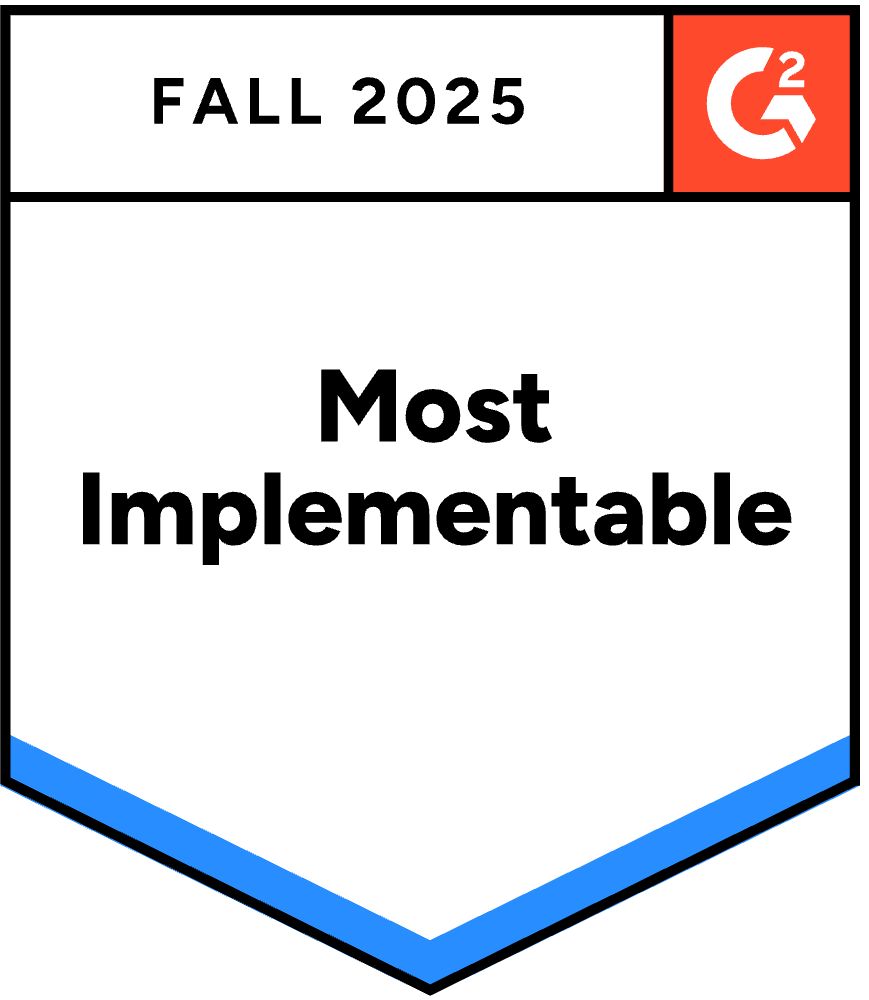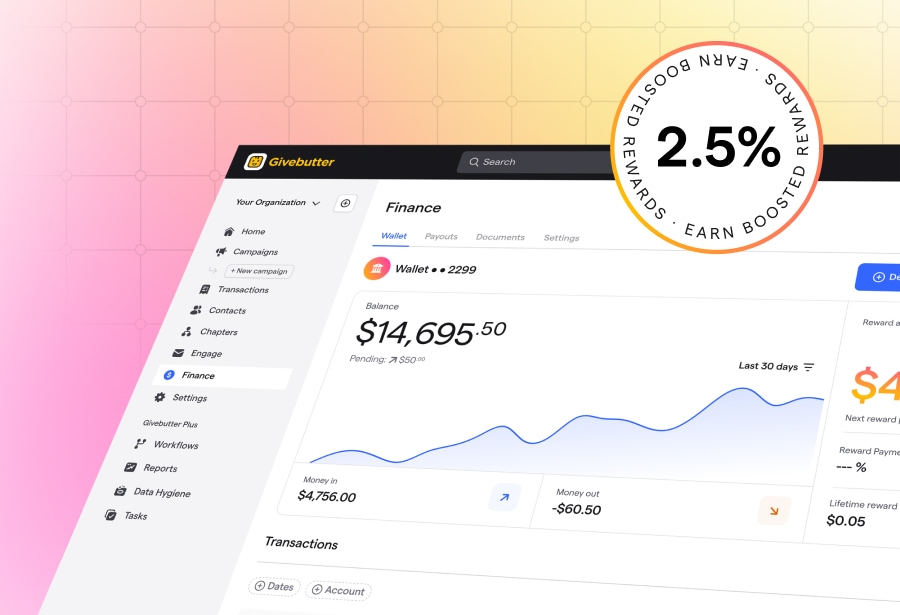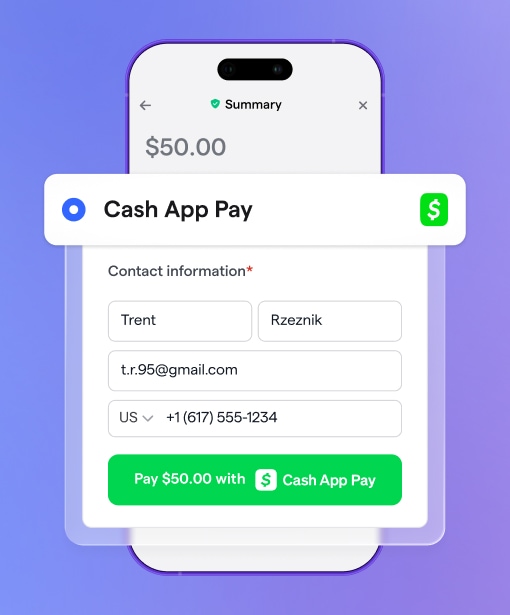


Compare top fundraising software
Compare Givebutter to online fundraising sites and donation platforms and see for yourself why Givebutter is the most-loved and highest-rated nonprofit software company across several categories.
























































































Backed by the Givebutter Guarantee






























































Pricing not listed publicly

























































Pricing not listed publicly
Not listed publicly
2.4% + 30¢







































Pricing depends on number of annual donors
5%


























2.89% + $0.49

Givebutter’s editorial staff aims to bring you the most transparent and objective comparisons possible. We sourced these comparison metrics directly from fundraising websites and third-party review sites like G2, Capterra, Trustpilot, and more. Score data gathered September 2024.


See how Givebutter stacks up 🥞

The all-in-one platform your mission deserves


Raise more

Givebutter brings together all of the modern, user-friendly tools nonprofits need for fundraising, engagement, and donor management under one roof—donation forms and fundraising pages, event ticketing and auctions, CRM, email marketing, direct mail, and so much more.
.webp)

Pay less

Thanks to optional donor tips, Givebutter’s core fundraising features are free for all nonprofits. When tips are enabled, you pay $0—backed by the Givebutter Guarantee. Prefer to hide tips? Disable them and pay a flat 3% platform fee plus standard processing fees. For more advanced tools, Givebutter Plus starts at $29/month.
.webp)

Give better

Givebutter is the most loved fundraising platform for nonprofits, and we’ve got the reviews to back it up. We have the most reviews and highest rankings on G2 across multiple categories, including fundraising, auctions, nonprofit CRM, and donor management. Plus, our support team is here for you 24/7, boasting industry-leading customer satisfaction ratings above 98%.



Integrate your favorite platforms
Check out what changemakers are saying
We’ve made switching as smooth as butter



Sign up for free
It takes just a few clicks to create your account and access Givebutter’s top-rated fundraising tools.
Make it your own
You don’t have to upload any data to get started, but we’ve made it easy for you to import all of your contacts, transactions, and recurring donations at no cost and without limits.
Reach new heights
You’re ready to go! Launch your first campaign, track progress toward your fundraising goals, and grow your donor relationships with ease.
Trusted by millions of changemakers at orgs like yours





Givebutter leads the pack in user satisfaction
Givebutter is ranked as the #1 software for fundraising, donor management, and nonprofit auctions on G2, the largest independent software review site.
%201.jpg)



Winter 2025



.svg)


.png)






















